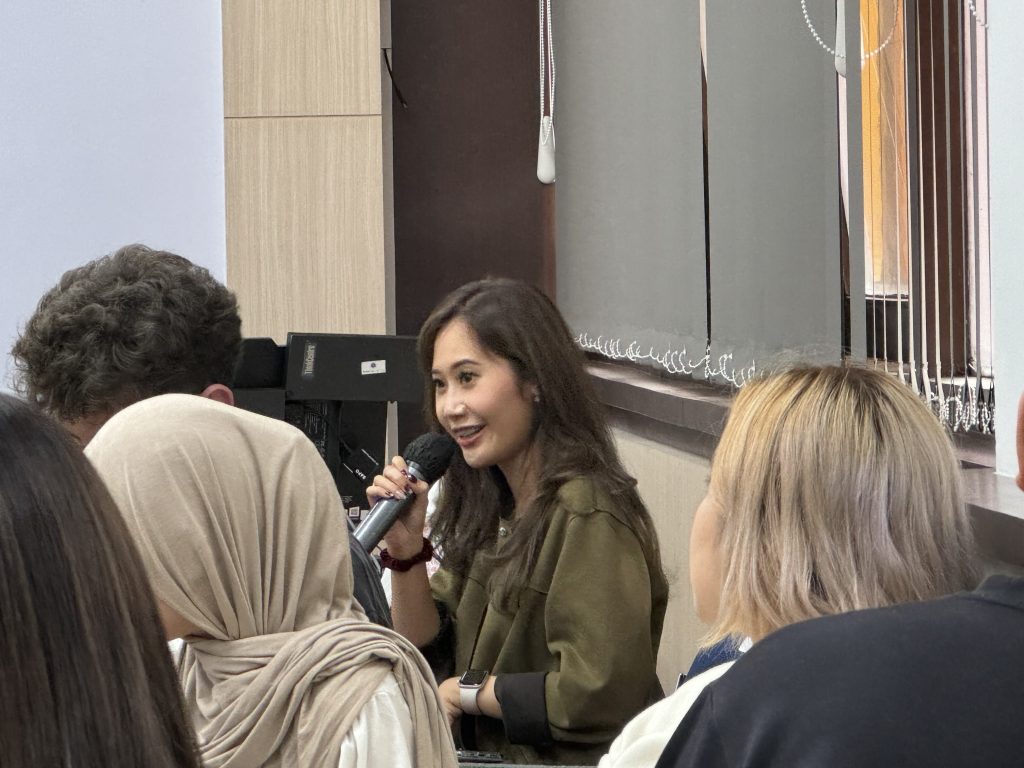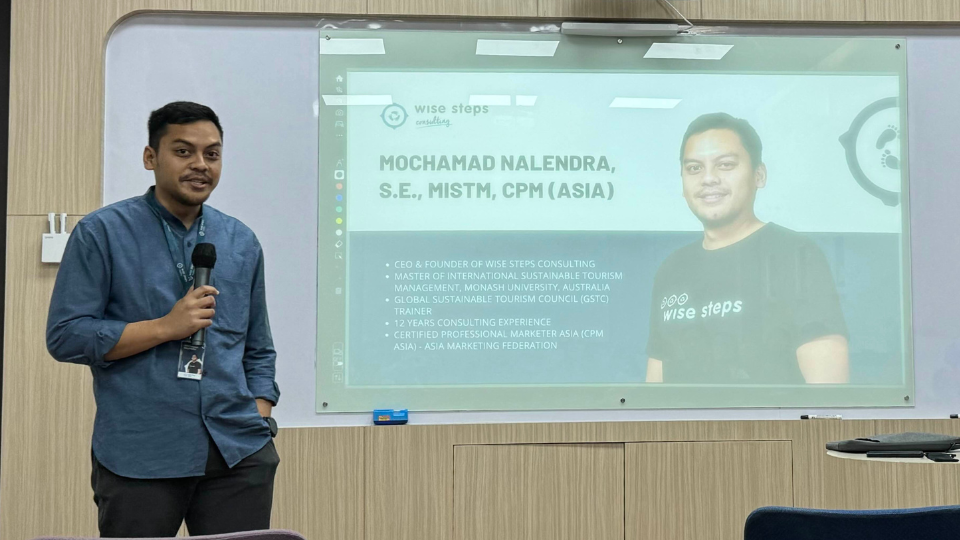Tourism is a very important sector for the Indonesian economy. According to the Ministry of Tourism’s records, 11.68 million foreign tourists will visit Indonesia in 2023, an increase of 98.3 percent from 2022.
Many foreign tourists are drawn to Indonesia, particularly to its natural wonders. Bali, with its diverse and extraordinary natural panorama, attracts a significant portion of these visitors. In 2022, 46.72% of foreign tourists chose to explore Bali. This underscores the importance of preserving our natural tourism for the sake of sustainable tourism in Indonesia, a responsibility we all share.
However, there is a dark side to tourism. Ten percent of world GDP comes from tourism, resulting in many job opportunities and making it an important factor in economic development. However, tourism contributes around 8% -11% of global greenhouse gas emissions annually.
Mochamad Nalendra, a Certified Professional Marketer (CPM) Asia and Global Sustainable Tourism Council (GSTC) Authorized Trainer, and owner of Wise Steps Consulting, has witnessed several incidents harming Indonesian tourism due to a lack of awareness of sustainable tourism principles. These include the savanna fire in Bromo due to flares during pre-wedding photos, the broken glass bridge in Banyuwangi, the trash problem on Sanur Beach, the arbitrary behavior of foreigners in Bali, and the relegation of Balinese rituals to tourist shows. If these unsustainable practices persist, the very existence of our tourist destinations in Indonesia will be at risk.
“It is our collective responsibility to apply the principles of sustainable tourism,” emphasized Kak Ale during the Hospitality & Tourism Marketing class at the SBM ITB on Thursday (25/4). This underscores the crucial role each of us plays in shaping the future of tourism in Indonesia.

This class was also attended by a guest lecturer from the Ministry of Tourism and Creative Economy, Annisa Majdina from the Directorate of Special Interest Tourism. According to Annisa and Ale, sustainable tourism fully considers the current and future economic, social, and environmental impacts while meeting the needs of visitors, industry, the environment, and the host community. If the environment and culture are damaged, there is no reason for people to visit tourist areas. Consequently, there is no longer any income generation from the industry, increasing the employment rate.
Students enrolling in this class not only get exposure from guest lecturers. They were also asked to form four groups for the mini workshop. Each group was asked to play a role representing Destination Managers, Tourism Business Managers, the Community, and the Government to provide suggestions for sustainable tourism in the Lembang area, Bandung, as the case study location.




